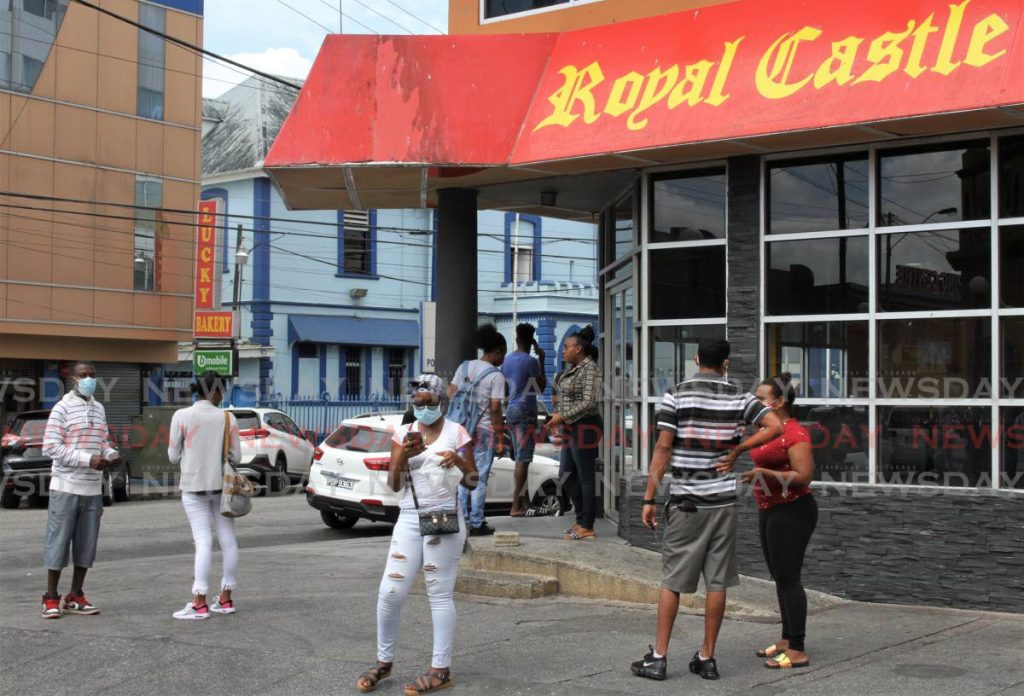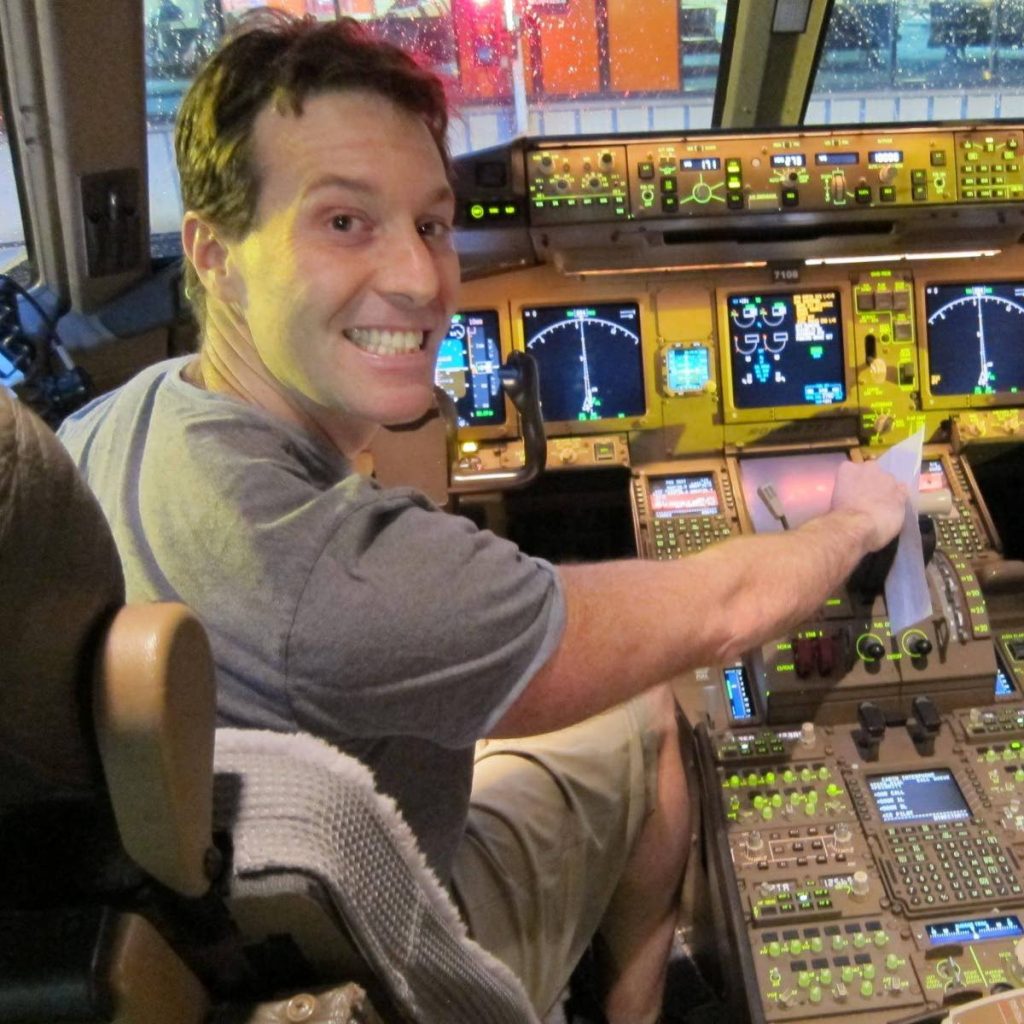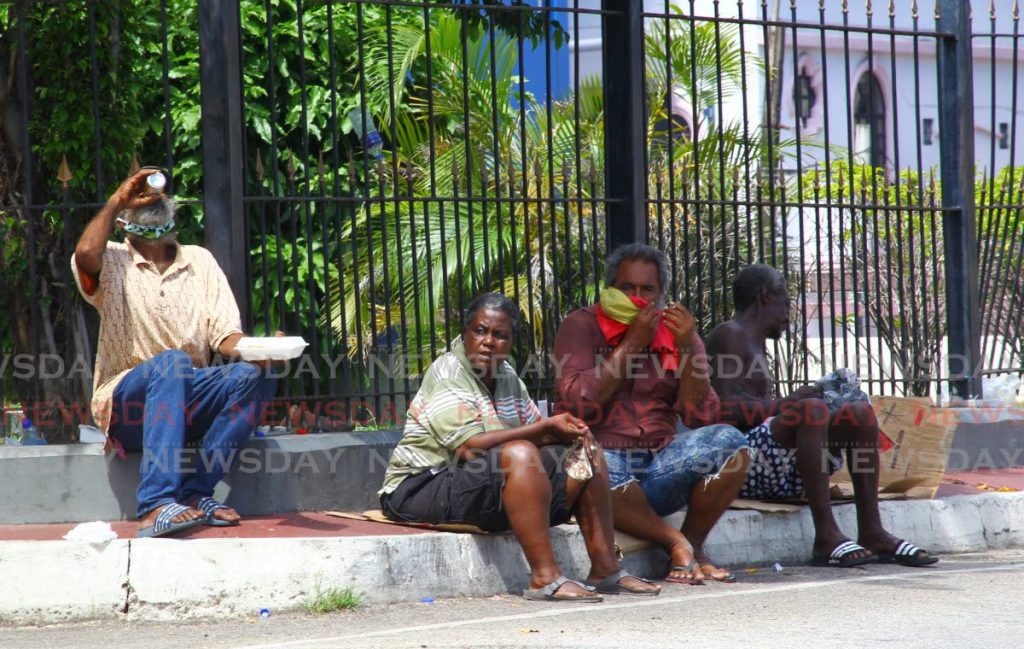Johns Hopkins professor: Poor suffer more during pandemic

The economically marginalised are being more affected by covid19 than the financially well-off. Interventions, therefore, should reflect that and be more focussed instead of generalised for everyone.
That's the view of Canadian Dr Stefan Baral, associate professor in the Department of Epidemiology at Johns Hopkins School of Public Health, and former external clinical examiner for the regional HIV programme at UWI. He worked at the university in St Augustine between 2015 and 2018.
He said globally covid19 affects people in different parts of society differently.
The risk is being concentrated among people who live in more cramped environments, and those who deliver essential products and services. Meanwhile, people who are able to work remotely, and those who are more financially stable, live their lives safely at home.
He said if one were to look at covid19 patients, housing and occupational determinants were often a factor. For example, in some countries, taxi drivers and people living in homes with a large number of occupants are high risk.
“If you are shutting down society and people are forced back into cramped environments and living in multi-generational households, then that risk is sustained and you have not addressed the underlying determinant of risk.”
Instead of adapting to and addressing those realities, many governments’ responses have been generalised.
Baral said a lot of the discussions around health mandates and lockdowns were based on “the precautionary principle” which says if the level of risk to a population is unknown, excessive caution was preferable to the possible harm.
“The precautionary principle should not only weigh the potential benefits of a decision. It should also weigh the potential harms of a decision. Shutting down society also means shutting down health services, social welfare services, businesses, etc, and that tends to affect those most marginalised in a very real way.”
In addition, he said there should be a balance. When there is a new challenge, the best data available should be considered and decisions made as specifically and adaptively as possible instead of “taking the bazooka approach.”

He does not believe those types of “laser focussed” decisions have been made in TT.
He said it was important to ask why people were taking risks and not taking advice, and to try to understand instead of blaming people as, most of the time, people take risks in order to care for their basic needs.
“A core truth is you can’t educate someone out of needing breakfast. People say they are educating society about the harms and those things, but, to simplify the Maslow’s Hierarchy of Needs, once you and your family are fed and housed, then you can worry about all the other stuff.”
However, during the Ministry of Health’s covid19 update on November 2, Dr Hazel Othello, director of the Mental Health Unit at the ministry, said one of those reasons may be “pandemic fatigue.” She described it as a feeling of exhaustion from the affects of covid19 on people’s lives where they are “fed up” of the restrictions and want life to get back to how it used to be before covid19.
She said this has led to people becoming demotivated from following recommendations which can lead to destructive or self-destructive behaviour. She suggested people actively manage pandemic fatigue through self – and community – care.
Tips include keeping the body healthy, performing stress relieving activities, maintaining social connections digitally, and limiting exposure to news.
Baral told Newsday shutting down society is one of the most expensive interventions as governments have to cover the needs of everyone. He said equity demands that more money is allocated to those who need more.
Asked how a country could address individual needs rather than assuming everyone was at the same level of risk, he gave some examples.
He noted that since many hotels in Canada were empty because of a lack of tourism, the hotels were contracted to create voluntary quarantine sites. So, if someone is sick and they live in a home with several others, they are put up at these hotels for their quarantine period.
Other countries provide paid leave for self-employed people under quarantine, or find ways for people to continue working if they are not too ill so they do not feel pressured to continue going out to earn money.
“While shutting down society feels like it’s a very active thing to do, real public health will mean doing some hard things. If we really want to stop transmission, maybe we try to provide alternate ways people can live if they are tested positive.”
Baral also noted the obvious differences in age-related mortality rates for covid19. The elderly are dying much more than the young.

For example, in the US, over 800,000 child covid19 cases were reported, and about 100 died while on average, about 400 children die from influenza every year.
With this information in mind, Sweden did not close schools and as of November 3, out of almost two million children 15 years and younger, there were two deaths from covid19.
“Closing schools is harmful, especially to those who are already more economically marginalised. The idea of remote education for people who don’t have computers or good internet at home, you get to a place where you have created additional inequities in society.”
He added that, when schools are closed, people cannot go to work as they have to remain at home to care for them while rich people have the finances to hire nannies or tutors.
So again, with delivery available, access to technology and the internet, the ability to work from home, and being able to afford help when they need it, “the rich have been spectators to covid19" as they do not have to be out in the world keeping society afloat.
“It is my belief that the actual harm we’ve done in terms of short-term mortality, cardiovascular health, stroke, overdose, mental health, and in the longer term cancer, diabetes etc, will far outweigh the lives saved. And we’ve seen early data to back up that we are hurting our population more in the long run, but it’s more amongst those already economically marginalised.”
Baral said he does not believe covid19 will be the last pandemic this generation will see but hopefully people will learn from it and think about how to better deal with future pandemics.

Comments
"Johns Hopkins professor: Poor suffer more during pandemic"